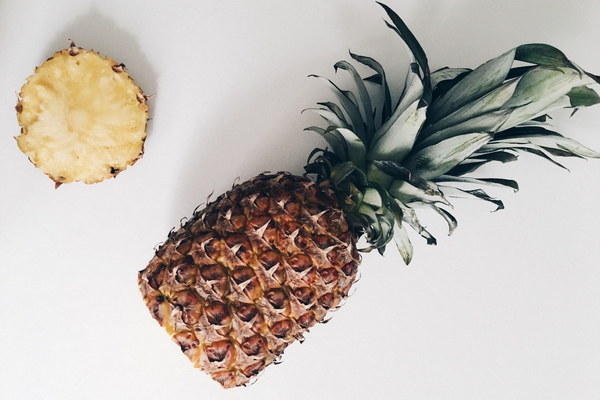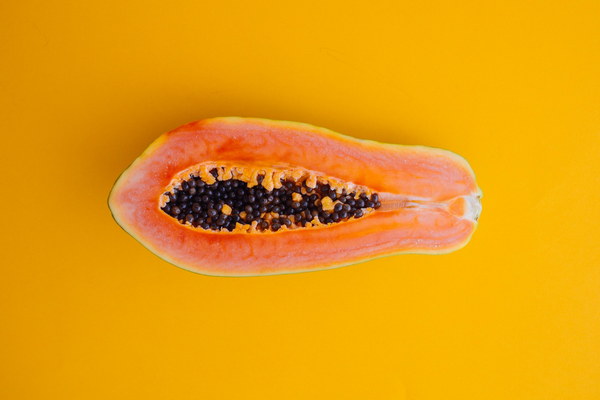Exploring the Wonders of Medicinal Tangerine Peel A Natural Remedy for Dampness in Traditional Chinese Medicine
In the realm of traditional Chinese medicine, the use of natural herbs and ingredients has been a cornerstone for healing and wellness. One such ingredient that has gained recognition for its effectiveness in addressing dampness is the medicinal tangerine peel. Also known as Chén Pí in Chinese, this versatile herb has been used for centuries to alleviate various symptoms associated with dampness in the body. Let’s explore the wonders of medicinal tangerine peel and its benefits in traditional Chinese medicine.
What is Medicinal Tangerine Peel?
Medicinal tangerine peel is the dried outer rind of the tangerine fruit, which is a type of citrus. The rind is rich in essential oils, vitamins, and minerals, making it a valuable herb in traditional Chinese medicine. It is typically used in the form of powder or extracts, and is often combined with other herbs to create customized remedies.
How Does Medicinal Tangerine Peel Work?
In traditional Chinese medicine, dampness is considered an internal imbalance that can lead to various health issues. The herb works by draining dampness and promoting the smooth flow of Qi (vital energy) in the body. It is believed to help in the following ways:

1. Draining Dampness: Tangerine peel is known for its diuretic properties, which help to eliminate dampness from the body through urine.
2. Promoting Digestion: It aids in the digestion process, thereby preventing the buildup of dampness in the intestines.
3. Enhancing Urination: Tangerine peel is a natural diuretic, which can help in reducing fluid retention and alleviate symptoms of dampness, such as edema.
4. Improving Liver Function: The herb is thought to have a beneficial effect on the liver, which plays a crucial role in regulating dampness.
5. Relieving Stagnation: Tangerine peel is believed to improve the circulation of Qi, thus reducing stagnation and alleviating pain and discomfort associated with dampness.
Common Uses of Medicinal Tangerine Peel
Medicinal tangerine peel is used in a variety of formulas to treat a range of conditions, including:
1. Dampness-Related Disorders: These include edema, joint pain, and fatigue.
2. Digestive Issues: It helps alleviate symptoms such as bloating, constipation, and diarrhea.
3. Respiratory Conditions: Tangerine peel is used to treat coughs, colds, and flu due to its ability to expel dampness from the lungs.
4. Skin Conditions: It is believed to help improve skin conditions such as eczema and psoriasis, which may be caused by dampness.
How to Use Medicinal Tangerine Peel
Medicinal tangerine peel can be consumed in various forms, including:
1. Powder: The dried peel is ground into a fine powder, which can be mixed with water or other herbs to make a tea.
2. Tea: The powder is dissolved in hot water to make a soothing tea, which can be consumed daily.
3. Extracts: Tangerine peel extracts are available in liquid form, which can be taken as a supplement.
4. Herbal Formulas: It is often included in herbal formulas that target specific conditions related to dampness.
Conclusion
Medicinal tangerine peel is a valuable herb in traditional Chinese medicine, known for its ability to drain dampness and promote the smooth flow of Qi in the body. Its numerous health benefits make it a popular choice for treating dampness-related disorders and various other conditions. While it is important to consult with a healthcare professional before incorporating it into your regimen, medicinal tangerine peel can be a natural and effective way to improve your overall health and well-being.









